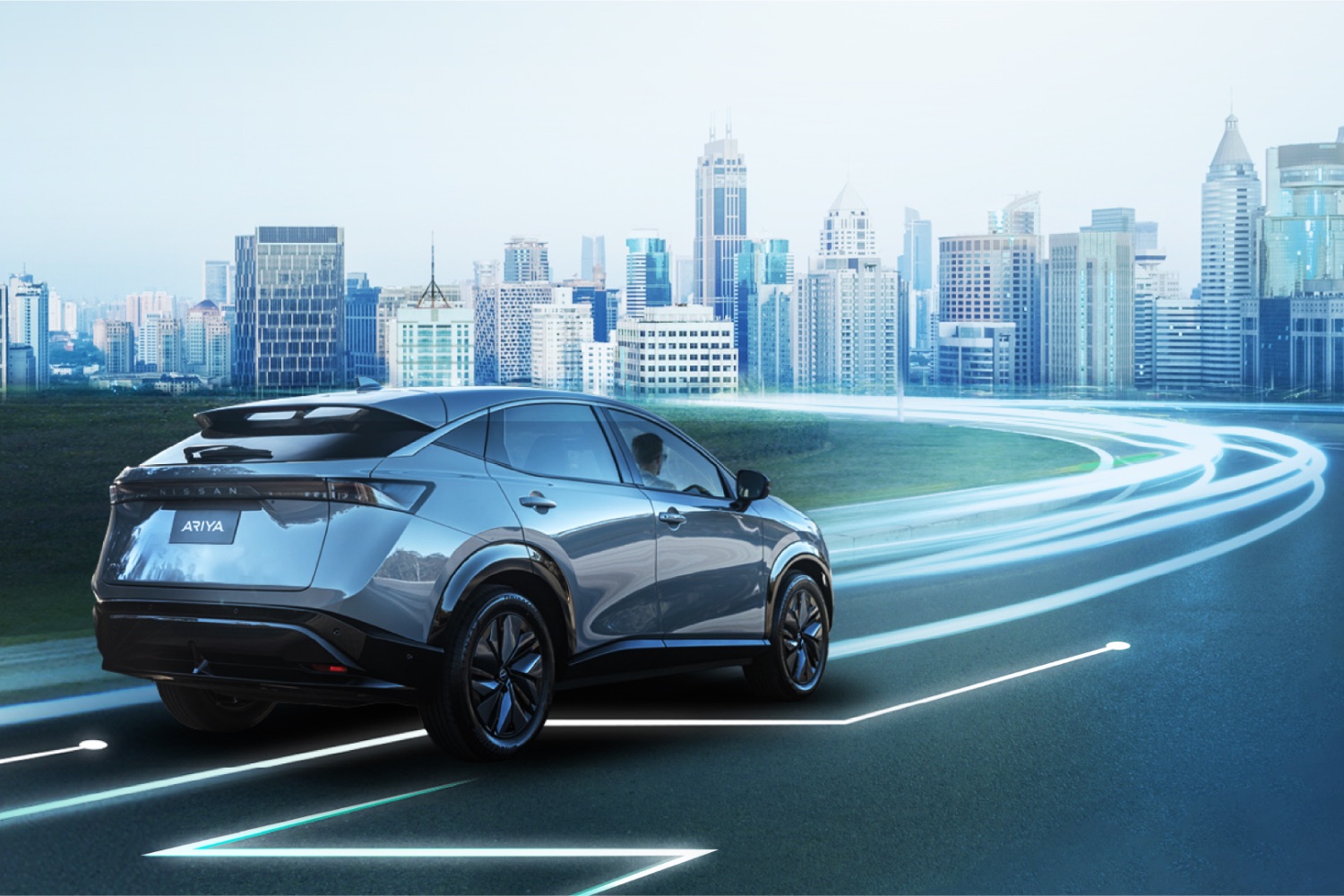Nissan, in association with The Economist magazine, has found that younger car buyers in 15 of the world’s biggest cities definitely prefer electric cars.
How many people were polled in the survey?
3,750 participants across 15 global cities (Bangkok, Copenhagen, London, Los Angeles, Manila, Melbourne, Mexico City, New Delhi, New York, Paris, Riyadh, São Paulo, Shanghai, Tokyo, and Toronto) responded to the survey, and more than one-third said that they expect to be driving an electric vehicle within the next decade.
For the ten-year outlook, EV ownership preference surged by more than 50 per cent. Enthusiasm is strongest in ‘emerging’ cities, with 44 per cent envision driving EVs in the next five years, compared to 31 per cent in developed cities - it seems, from the survey, that the nasty realities of air pollution in those faster-growing cities are pushing people towards electric cars.
Growing environmental concerns such as pollution and congestion are spurring greater interest in EVs in cities such as Shanghai, Sao Paulo, and Mexico City. Factors that shape EV adoption highly depend on battery performance, charging infrastructure and costs. Respondents in emerging cities are more concerned about EV batteries, while those in developed cities focus on EV costs, with prices still higher than traditional combustion-engine vehicles.
Are people really interested in the cars, though?
More than 40 per cent said that they are excited about the technologies of new electric vehicles, while half said that they are aware that EVs can be used as mobile energy storage to power other devices. Interestingly, respondents from those cities in emerging economies displayed more enthusiasm for the application of EVs beyond simply driving around, such as using, sharing and transporting electricity during emergencies. Fifty-seven per cent said that they are willing to change their travel habits to reduce their carbon footprint.
“This research explores how the younger generations envision the future of mobility—an essential perspective, as their choices will directly shape the evolving mobility landscape,” said Ritu Bhandari, Asia-Pacific Sustainability lead at Economist Impact. “Our findings reveal that for sustainable mobility to succeed, cities need to balance environmental goals with real commuter priorities like affordability, convenience and inclusivity. Achieving this requires flexible, multimodal solutions that seamlessly integrate public transit, electric vehicles, shared mobility and active transport into a connected, accessible network for all residents with diverse needs.”
’Data-driven research’
“We believe in making mobility electrified and sustainable - it is a defining expectation shaping the future of transportation,” said Lavanya Wadgaonkar, Nissan’s corporate vice president of Global Communications. “This survey reaffirms the growing demand for electrification and the need to create more awareness, but long-term success hinges on making EV adoption seamless, practical, and cost-effective. At Nissan, we leverage data-driven research and innovation to bridge gaps, ensuring that electrification is not just an option, but a core component of the mobility landscape.”

